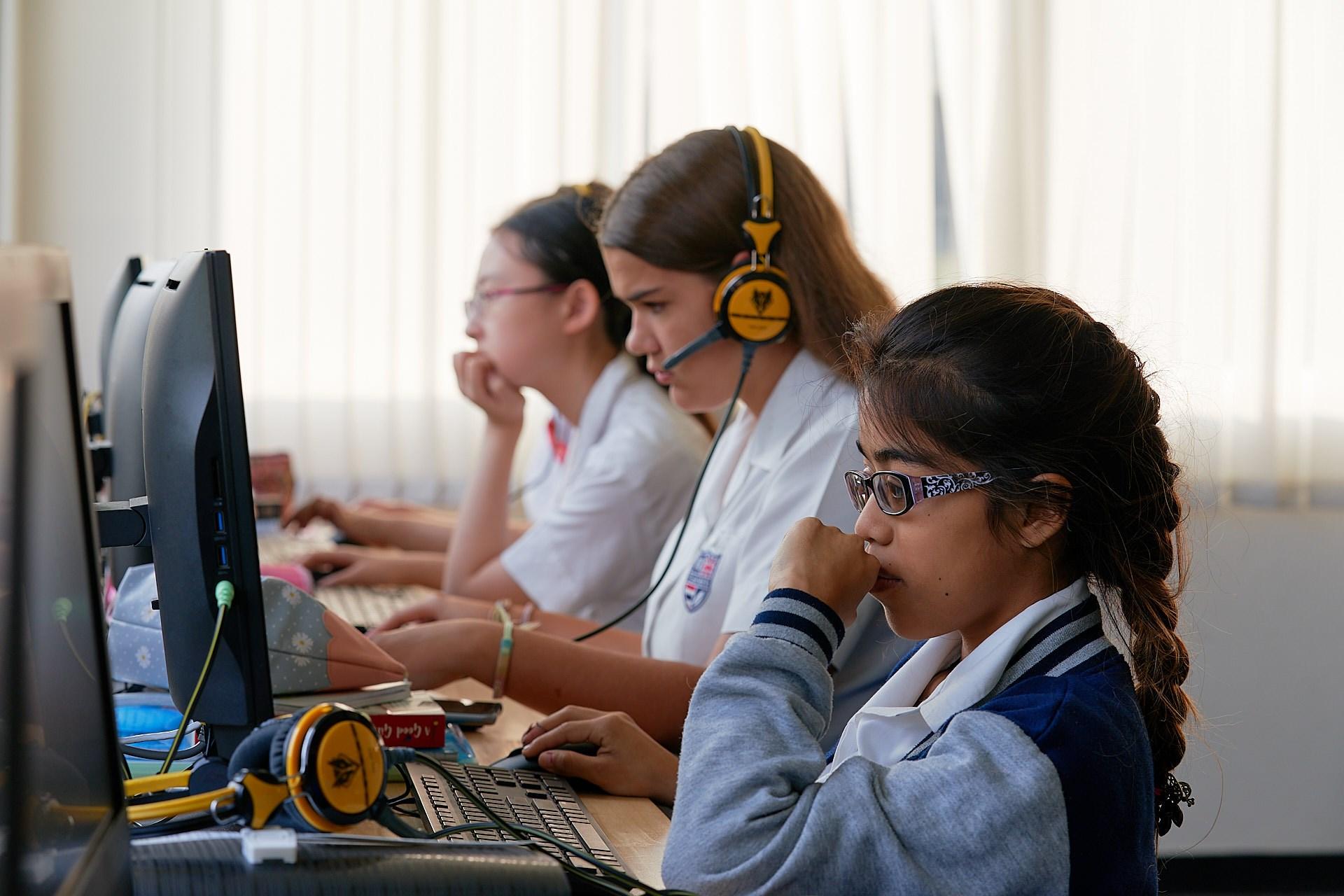









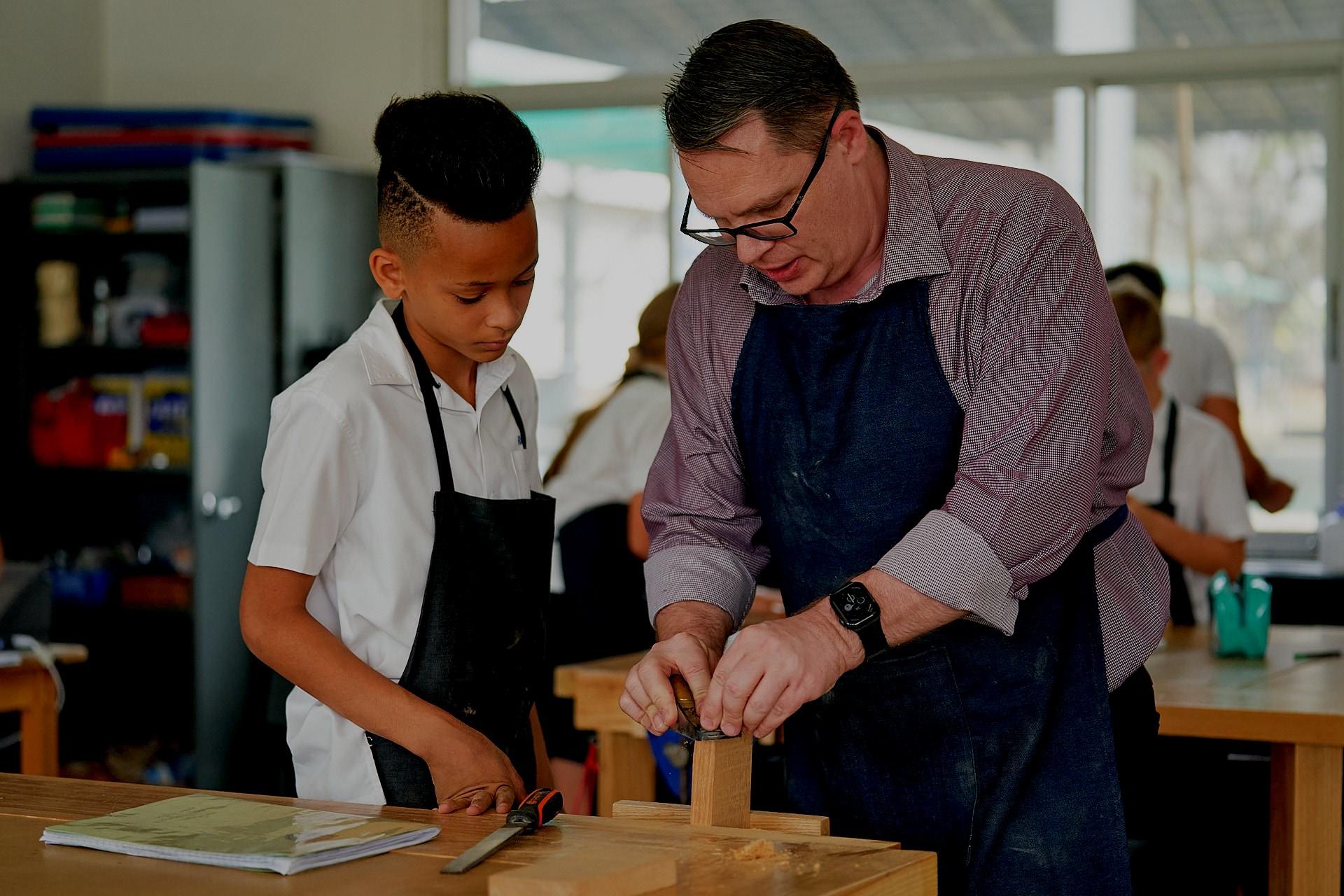
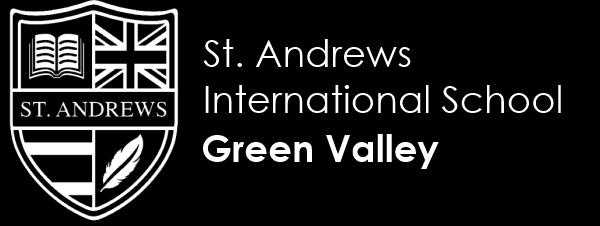

( - )














( - )
St Andrews Green Valley broadly uses the English National Curriculum in Years 7, 8 and 9. This is modified to reflect the diverse international community at St Andrews. All students use English to unlock this curriculum. Students are supported in their English development so that each student may fully access the curriculum and therefore reach their potential.
The Programme of Study in Years 7 –9 is broad and balanced meaning students study a wide range of subjects taught by subject specialists. Studying a broad range of subjects means that students can keep their options open for when they have to make subject choices in Year 10.
What subjects do students study?
Core Subjects
English, Mathematics, Science and Computing
Languages
Thai (MFL, 2ndLang, 1st Lang), French 2nd Lang, Mandarin 2nd Lang and Dutch 1st Lang
The Arts
Drama, Design Technology, Music, Art and PE
Humanities
Geography and History
Personal Development
Personal Social and Health Education, Tutor Time, Assembly and Activities
Additional English Support
English language development is a top priority. All students are given extra support in this area by studying English more often than is required and through smaller class sizes. When studying English, students in each year group are split into 3 classes instead of 2, ensuring that all students are very well taken care of, no matter what their English level is.
Students with below average English communication skills learn as a part of our English as an Additional Language (EAL) Programme. This means they study English for an additional 3 lessons / week, (generally instead of history) until they catch up to the standard expected.
The broad curriculum taught in Years 7 – 9 provides a very solid base of knowledge for students preparing to study IGCSE subjects in Years 10 and 11. During years 7 – 9 the wide range of subjects provide students with ample time to discover which subjects they enjoy the most and would like to study in greater depth in the future. The subjects studied in Years 7 – 9 help to keep all options open for a students’ future study.
All students use traditional means such as exercise books and folders as a way of keeping a record of their work. Many classes also use Google Classroom as a way of sharing resources. It is therefore necessary for secondary students o have access to a lap top or tablet when at home. It is also an advantage if they can bring these devices to school on a daily basis too.
Yes, St Andrews uses Google Classroom and Firefly as Online Learning Platforms. Teachers use them as a method of setting work for students as well as making resources available. Students are able to access Google Classroom and Firefly from anywhere there is an internet connection. Parents are also able to access Google Classrooms and Firefly so that they can keep up to date with their child’s learning.
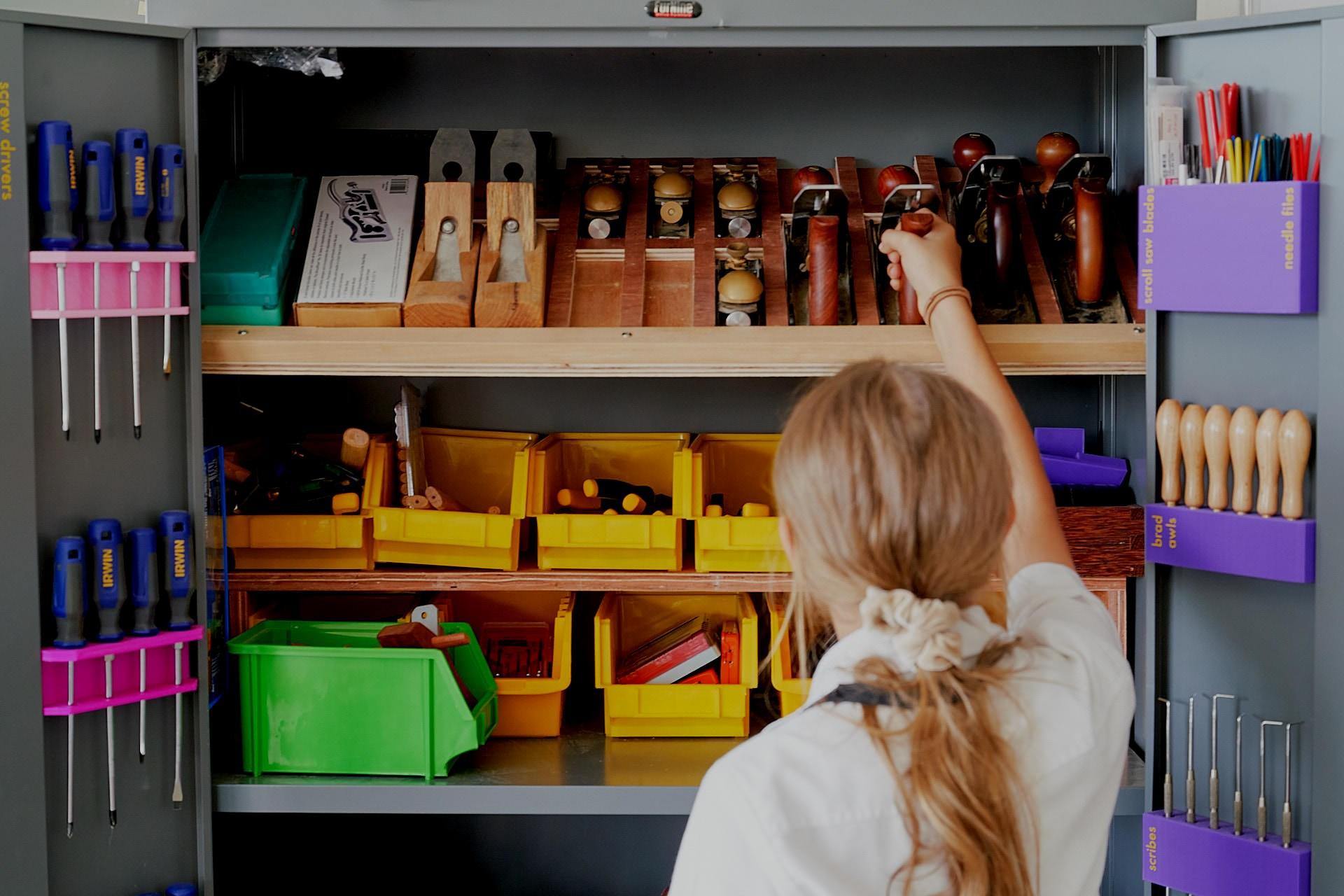
Students are assessed through a number of different methods. More formal assessments include exams and assignments but teachers also assess students using questioning techniques, group work and practical tests.
Students are also involved in assessing their own level of achievement and setting targets for improvement. Students will regularly be asked to self assess their own work or peer assess the work of another student in class.
Students in Years 7 – 9 receive report cards at the end of terms 1, 2 and 3. On each of these report cards students receive an attainment grade as well as effort grades. During term 1, teachers, in consultation with students, set end of year target grades for students to work towards.
Attainment grades are reported using a scale of 1 9, with 9 being the highest grade. Effort (organisation and participation) are graded using a scale of + = and <.
St Andrews also holds two Parent Teacher Meeting Days each year. These days are held in terms 1 and 2 immediately after parents receive their child’s report card. Parent Teacher Meeting Days give parents an ideal opportunity to discuss in depth their child’s progress in each subject.
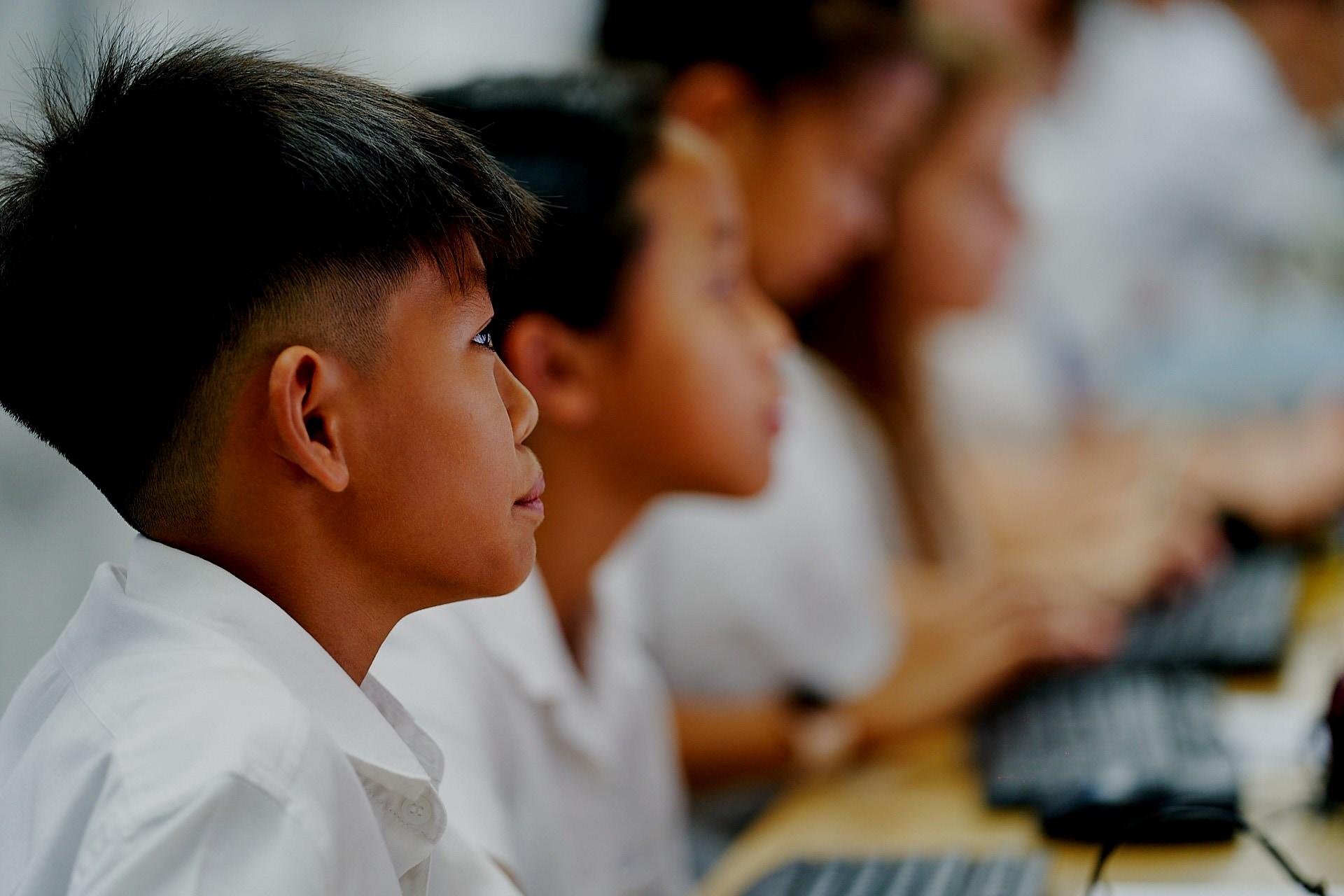
St. Andrews Mission Statement is “To develop independent, confident lifelong learners.”
To this end, teachers of Year 7 – 9 students continue the great work done in primary school by structuring lessons around the IB Learner Profile. These outcomes are the driving force behind each and every classroom interaction.
St Andrews students are taught to be:


































As is the practice throughout the Secondary School, all students have a 20 minute homeroom session each morning. During this time, as well as taking attendance, the homeroom tutor spends time with their group helping to ensure that they are happy, healthy and fully prepared for the day.
Each week students in Years 7 – 9 have a Personal, Social and Health Education (PSHE) lesson Where they learn about dealing with the pressures associated with being teenagers. PSHE lessons also provide the ideal opportunity for students to ask important questions about growing up and to also listen to the input of others experiencing the same pressures.
Year 7 – 9 students also attend a weekly assembly which focuses on congratulating student achievement as well as informing students about what is happening at school in the near future.
On Thursdays students participate in two 50 minute activity sessions of their own choice. Activity options are wide and varied and include drama, sport, cultural, and artistic options.
